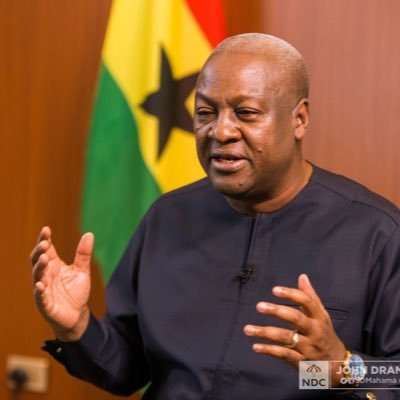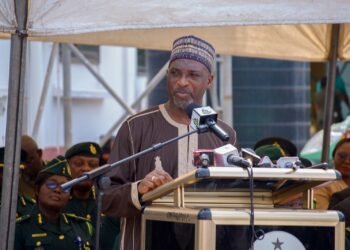Former presidential staffer and staunch NPP loyalist Dr. Palgrave Boakye-Danquah has weighed in on the new government’s travel policy directive banning first class for ministers under President John Dramani Mahama.
He believes a more structured travel policy is necessary to balance cost-saving measures with efficiency and productivity.
Boakye-Danquah pointed out that first-class sections in most airlines accommodate about 12 to 14 passengers, while business-class seats range from 40 to 80.
Economy class, where he noted he has often traveled since childhood, makes up the majority of airline seating.
Addressing the issue, Boakye-Danquah proposed a structured travel policy to guide official trips.
“If a travel is less than 8 hours, flights should be bound to the economy. If a travel is more than 8 hours, the business class should be allowed,” he suggested, citing long-haul destinations like the USA, Canada, China, South Korea, Japan, and Australia.
He further recommended that if a government official is scheduled for 12 trips annually, only two should be in business class, with the rest in economy.

“If any government official wants to fly business class, there should be a quota given by the state, and if that quota can afford business class, good. If it can’t, the individual tops up”.
Dr. Palgrave Boakye-Danquah
Boakye-Danquah also emphasized the need for a strategic approach to utilizing airline miles accumulated through official government travel.
He suggested that rather than allowing these miles to go to waste, the government should systematically collect and manage them to secure cost-effective upgrades to higher travel classes, such as business class, first class, or premium economy.
By doing so, officials could travel more comfortably on long-haul flights without incurring excessive costs, ultimately ensuring efficiency and value for money in government travel expenditures.
Travel Policy to Balance Comfort And Productivity
Additionally, Boakye-Danquah, a frequent traveler himself, acknowledged the physical toll of long-haul flights, particularly for government officials who often have demanding schedules leading up to their trips.
He emphasized the varying costs and benefits of different travel classes, pointing out that each seat on a plane comes with distinct pricing and associated expenses.
“A lot of business conversations are held in first class, business class, and obviously premium economy and economy.
“However, we all know that this world is full of different people with preferences. Good contacts are made in the air, and when one is 80,000 feet above sea level, the conversations can be endless, and the bonds of friendship can be struck.”
Dr. Palgrave Boakye-Danquah

For Boakye-Danquah, the debate over travel class extends beyond comfort and cost; it also involves strategic networking and positioning.
He raised concerns about whether Ghana is fully maximizing the potential of these travel opportunities for diplomatic and business engagements.
He challenged the country to consider how it positions itself to take advantage of such trips, emphasizing the need to leverage each official visit to strengthen international relationships and economic prospects.
He also underscored the importance of ensuring that every government trip contributes meaningfully to the nation’s strategic interests and unique value proposition on the global stage.
Boakye-Danquah underscored the importance of perception when it comes to how government officials travel.
“How do we want to be viewed as a country with government officials in first class, business class, or premium economy and economy?” he queried, emphasizing that the discussion should be about maximizing returns on government travel rather than mere optics.
He ultimately argued that no travel class offers absolute luxury, as the real priority should be maximizing the benefits of official trips for the country.
In his view, the focus should not be on comfort but on how travel can be strategically leveraged to create business opportunities, build networks, and advance national interests.
He emphasized the need for Ghana to critically assess the implications of these trips, weighing their advantages and disadvantages to ensure they contribute meaningfully to the country’s economic and diplomatic objectives.
Accordingly, Boakye-Danquah urged government agencies to take a deeper look at travel policies. “I wish that SIGA Ghana and the Public Services Commission would have a broader look at this condition of service to bring finality to this issue.”
READ ALSO: Christiana Awuni Advises Charlotte Oduro After Divorce
















